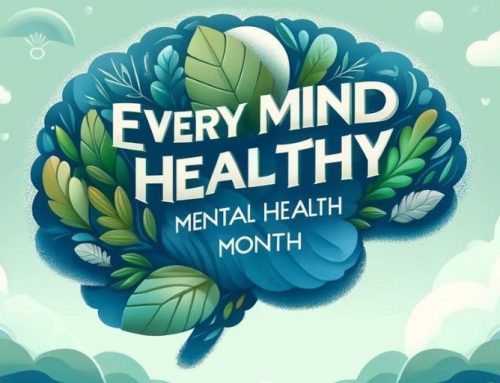This September is the month of Suicide Prevention Awareness and so a perfect opportunity to raise awareness of suicide and suicide prevention.
The subject of suicide may seem overwhelming, but often a simple intervention can make all the difference.
What is Suicide and who is at risk
Suicide is when someone ends their own life. A life loss is a tragedy itself. A preventable life loss is more than that.
There are many reasons why someone can start having suicidal thoughts. These risk factors can include:
- Unemployment or financial difficulties
- Unfortunate Life events (abuse, relationship ending, death of a loved one, etc)
- Physical health problems
- Living alone and minimal social environment
- Substance use and Dependence
- Mental health problems (Depression,etc)
- Self-harming issues
People who experience the above can be at risk of having suicidal thoughts. Ages can vary, but statistics show an increase in the risk for ages up to 45 years old. Lastly, although suicidal thoughts and attempts can happen to both women and men, men seem to experience more fatal suicide attempts.
What to do if you have suicidal thoughts
If you’re experiencing suicidal thoughts, seek professional support immediately.
Even if you might not believe it makes a difference, sharing your feelings with a doctor is very important. Contact your GP for an immediate appointment, or even 911 if you can’t speak to a doctor.
Call the National Crisis Hotline at 988.
You can also talk about your feelings to friends and family but not as a substitution to the above. Other things you can do to help you include:
- Don’t make a decision right now
Don’t act on your thoughts today. Try to leave major decisions for later and focus on just getting through today
- Distract yourself
Suicidal thoughts can be very intense. And the more you think about these things the more stronger they become. Try doing things that you enjoy so that you get distracted by them.
- Stay away of your triggers
Triggers are things which might make you feel worse and bring the thoughts back into your head. These can be memories, music, photos, etc and you need to stay away from them.
- No drugs or alcohol
Drugs and alcohol, among the other bad things that do to you, cloud your judgement, behaviour and emotions. Unlike what you might believe, they won’t make you forget or feel better.
- Be around other people
Although during these times you really feel like staying alone, a small step to take when you want to do something about it is to go outside and be among people. Choose a coffee shop, a park or a shop with people. You don’t need to speak to them, but they will indirectly help you to keep yourself safe.
What to do if someone you know has suicidal thoughts
How you can support someone in your life who may be experiencing suicidal thoughts or at risk of suicide? The Number 1 rule is to get them to talk about their feelings. You might not be able to answer to these thoughts or feel uncomfortable but this is normal and understandable.
What you can do:
- Don’t judge, criticise or question their thought process.
- Let them know that you are there for them – they are not alone
- Be ready to listen to them and show that you will try to understand their feelings.
- Reassure them that they will not feel bad forever.
- Ask them about their reasons for living and dying – then focus on their reasons for lying and explore them together.
- Finally, its critical to encourage them to seek professional help, whatever help makes them comfortable, be it a doctor, counsellor or even call 988.
Encouraging understanding and sharing experiences creates a society where people have the confidence to take action, building hope for the future.
To schedule a consultation please call 410-992-3796
or email us at info@solutionsforminds.com







